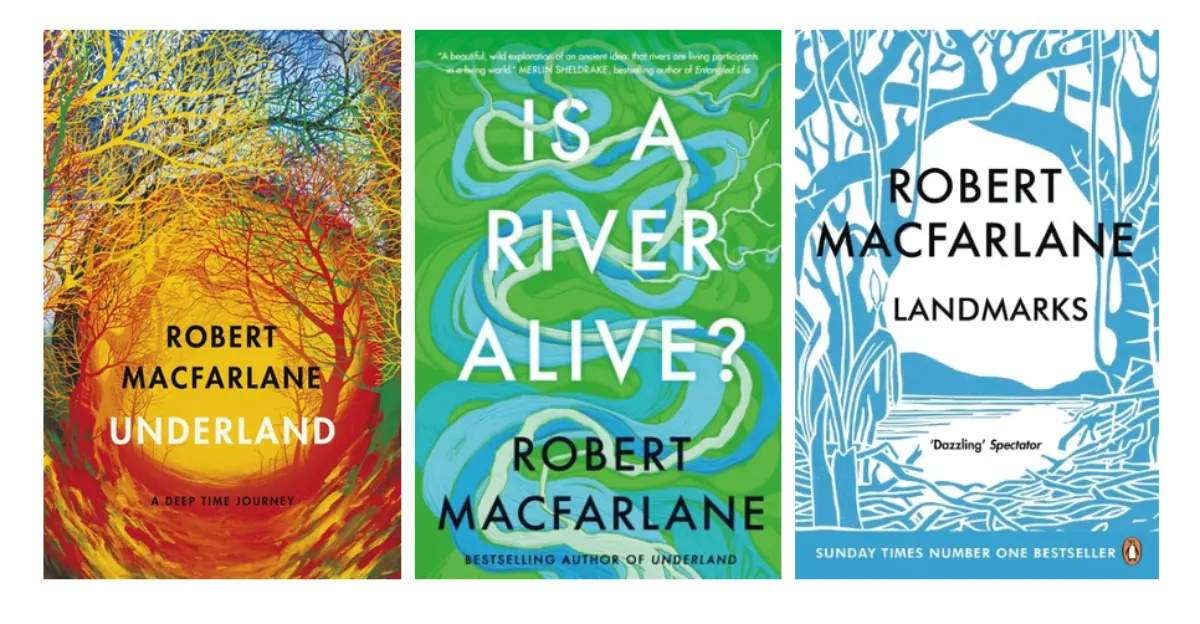People have been writing down their thoughts and feelings as a form of self-therapy for centuries. It seems to be a human instinct, but recent research suggests that journalling really does have the power to ease stress, improve mood and promote psychological healing.
Explore the benefits of keeping a journal and how you can get started with this restorative practice.
What is journalling?
Journalling is a form of self-expression that allows you to explore and process your thoughts, experiences and emotions through writing. You can do it in a variety of ways, and no particular method is better than another. Some people keep a diary or write letters to themselves; others create poetry or short stories. Finding what works for you personally is part of the process. Before we move on to tips for getting started, let’s have a look at some research on the potential benefits.
What does the research say?
Recent studies have shown that writing about experiences and emotions can help people cope with a range of mental health issues, such as depression, anxiety and trauma.
For example, a 2019 study published in the Journal of Social and Clinical Psychology found that college students who wrote about their emotions for three consecutive days showed a significant reduction in depressive symptoms compared to those who didn’t write.
Similarly, in 2010, the British Journal of Health Psychology published a study exploring the effects of journalling on patients suffering from post-traumatic stress disorder (PTSD). The researchers discovered that, despite continuing to display the core symptoms of the disorder, patients who engaged in expressive writing experienced ‘significant improvements in mood’.
An article published in Advances in Psychiatric Treatment lists several long-term benefits of journalling, including fewer stress-related visits to the doctor and reduced blood pressure.
Finally, a study published in the Journal of Experimental Psychology found that emotional disclosure through writing reduced intrusive and avoidant thinking. Writing about your thoughts frees up working memory, leading to better processing and clarity of thinking.
Write Your Life Story
How to get started with journalling
The evidence speaks for itself, so where should you begin?
In fact, journalling isn’t complicated, and getting started is simple. All you need is a notebook, a pen and a quiet place with no distractions. Then just write about any thoughts, feelings or memories that come to mind. It’s important to write freely and not worry about grammar, spelling or punctuation. The goal is to express yourself without judgment or criticism.
To get the most out of journalling, you should try to write for at least 20 minutes per day. You can choose to get all your thoughts down in one sitting or write for shorter periods throughout the day.
Additionally, there’s no rule that says journalling has to be a solitary activity. Some people find that writing in a group and sharing their reflections with others is more motivating and supportive than writing alone. It’s your journal to share or keep private as you please.
A final word
Journalling is a deeply personal process that serves a variety of purposes for different people. For you, it might simply be a satisfying way to vent about your daily frustrations. With practice, it could become a valuable tool for self-reflection, mindfulness and personal growth. You’ll have to experiment to see what works for you. But you’ll never know until you put pen to paper.
Top apps for journalling
- Day One is an award-winning journalling app that lets you easily capture life’s moments and memories.
- Penzu is used by over a million people and is rated one of the best free journal apps.
- Journey offers a clean, intuitive interface for creating stunning journal entries.
- Diaro lets you record your thoughts, feelings and experiences on a private, secure and customisable platform.
- Grid Diary is a unique journalling app that combines a daily planner with a journal, offering a structured approach to journalling.
- Moodnotes helps you track and improve your mood by encouraging you to reflect on your emotions and thoughts.
- My Wonderful Days is a private daily journal with several features and a simple, user-friendly platform.
- Momento integrates with your social media accounts and other digital platforms to capture your memories and experiences in one place.
- Reflectly uses artificial intelligence to offer personalised prompts and insights for improving your mental well-being.
- 5 Minute Journal offers a simple, structured approach to journalling, helping you focus on the positive aspects of your life.













